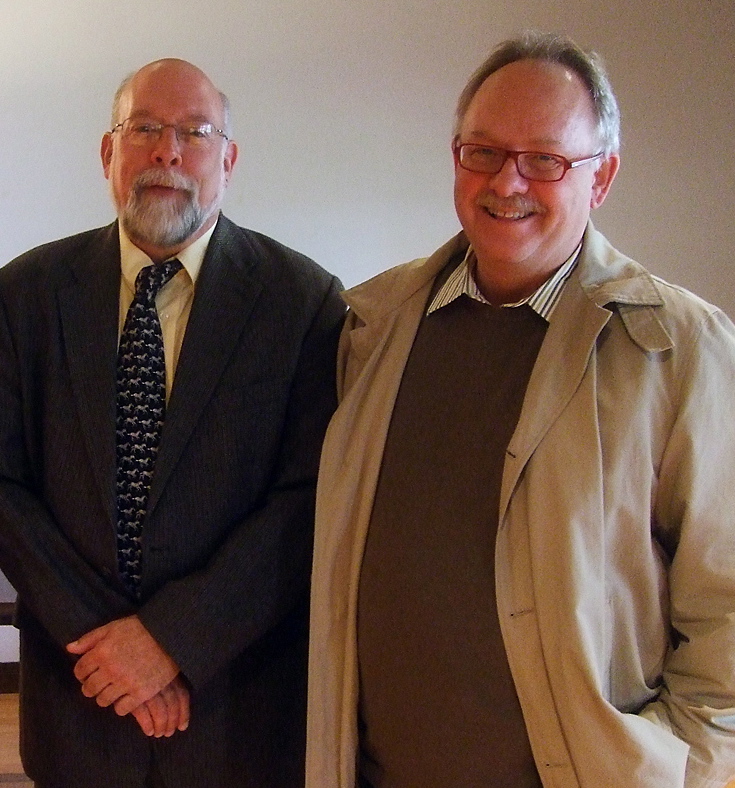Supreme Court hears 5 cases this week
 The Supreme Court hears 5 cases this week; topics range from class-action suits to FOIA. As usual, our talented crew of LII Supreme Court Bulletin editors has analyzed the cases — just click on the casenames for a careful exploration of what they’re about:
The Supreme Court hears 5 cases this week; topics range from class-action suits to FOIA. As usual, our talented crew of LII Supreme Court Bulletin editors has analyzed the cases — just click on the casenames for a careful exploration of what they’re about:
Tuesday, January 18, 2011
- 09-1205 SMITH, KEITH, ET AL. v. BAYER CORP.
- 09-1298 GENERAL DYNAMICS CORP. v. UNITED STATES
- 09-1302 BOEING COMPANY v. UNITED STATES
- 10-179 STERN, HOWARD K. v. MARSHALL, ELAINE T.
Wednesday, January 19, 2011






 This week, SCOTUS hears cases on first sale doctrine, medical residents, and railroads among others. You can read the LII Supreme Court Bulletin analyses of each by clicking on the links:
This week, SCOTUS hears cases on first sale doctrine, medical residents, and railroads among others. You can read the LII Supreme Court Bulletin analyses of each by clicking on the links:
 This week, the Supreme Court hears arguments in a wide range of cases. As always, the LII’s Supreme Court Bulletin provides thoughtful analysis of the upcoming cases. Just click on the links below to read all about them:
This week, the Supreme Court hears arguments in a wide range of cases. As always, the LII’s Supreme Court Bulletin provides thoughtful analysis of the upcoming cases. Just click on the links below to read all about them:
 Last Thursday, LII Director Tom Bruce gave the inaugural talk in a series of workshops on legal information hosted by the University of Montreal’s CRDP. Invited (and on occasion provoked) by old LII friend Daniel Poulin (pictured here), the founder of the
Last Thursday, LII Director Tom Bruce gave the inaugural talk in a series of workshops on legal information hosted by the University of Montreal’s CRDP. Invited (and on occasion provoked) by old LII friend Daniel Poulin (pictured here), the founder of the 



